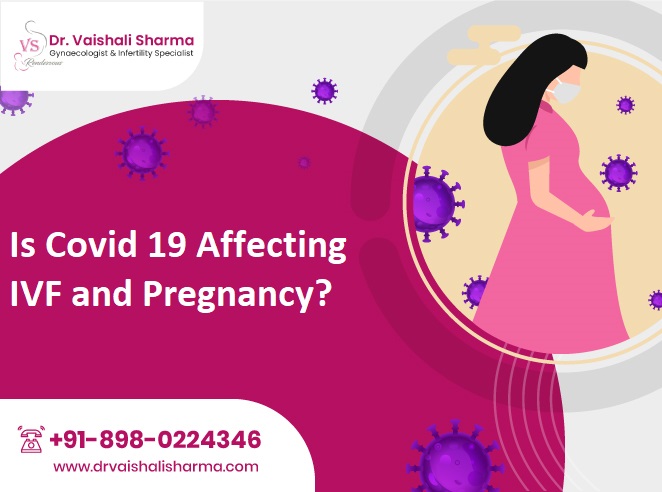We are what we eat. Our body is the result of the food that we take. Therefore it’s even more important to have a balanced diet during pregnancy. It’s a myth that while pregnant you need to “eat for two.” Instead, you need to improve the quality of food rather than the quantity of food. Though the majority of our requirements are taken care of by our diet, but we need to ensure that the following essential nutrients are taken as supplements along with a balanced diet.
The growth and development of the growing baby (scientifically called as fetus) depends majorly upon mother’s diet. So its equally important to avoid excessive intake of supplements too e.g. excess of Vitamin A intake can lead to birth defects in fetuses. Avoid intake of any supplement containing Vitamin A especially during the first three months of pregnancy. Vit A supplements have to be taken only after the prescription of a registered medical practitioner and are mostly required in women having symptoms of night blindness.
Nowadays, most of the women are aware about the importance of folic acid, iron and calcium intake during pregnancy. But there are certain other nutrients also which are important for the normal and optimal growth of the baby.
1. Calcium – It is required for the building of strong bones in developing a fetus. It is also equally important for the strength and nourishment of pregnant women. The daily-recommended dose is 1000mg. It’s available in tablet forms in the market. Dietary sources of calcium are milk, yoghurt, cheese etc.
2. Iron – it is very important to supplement for pregnant women as the majority of females suffer from low hemoglobin (anemia). Anemia in pregnancy is associated with many complications like premature delivery, delayed growth of the baby in the uterus, low birth weight of baby etc. The daily-recommended dose of iron in a woman without anemia (hemoglobin > 11gm/dl) is approx. 30 to 60mg of elemental iron. There are many capsules, syrups etc. available in the market providing iron supplements. Usage of iron utensils daily while cooking food also helps in adding iron to diet. Foods rich in iron are beetroot, pomegranate, apple, lean red meat, poultry, fish etc.
3. Folic acid – It is also known as Vitamin B9. Its deficiency is responsible for defects in spine and brain of growing fetus (known as Neural Tube Defects – NTDs). Therefore, it is advisable to start intake of 500mcg of folic acid at least one month before planning pregnancy. In couples having previous pregnancy with NTDS, diabetic pregnant women, women taking medicines for epilepsy or HIV, recommended dose of folic acid is 5mg once daily, to be started at least 3months prior to pregnancy and to be continued for at least first 3 months of pregnancy. There are many brands of folic acid tablets available in the market. Foods rich in folic acid are peanuts, broccoli, beans etc.
4. Vitamin D – It is also essential for proper development of bones. It also promotes healthy eyesight and skin. Daily intake of 600 international units of Vit D is recommended in pregnant women. Our body is capable of producing Vit D itself on exposure to sunlight. Therefore, daily early morning exposure to sunlight is equally beneficial for pregnant women.
5. Omega-3 fatty acids – These are a type of fats, naturally found in many kinds of fish. Omega 3s are important for the brain development of babies before and after birth. Especially important for vegetarian women, these are available in capsule forms in the market. Some fishes have higher levels of mercury than others. As such larger the fish higher the level of mercury as they have lived longer & feed on other fish. Also its better to include freshwater fish locally grown in a pond etc instead of a saltwater fish. Avoid Tuna (Soorai or Choora), King Mackerel (Surmai), Shark (Sura), Mahi Mahi, Sword fish and Tilefish. Fish that can be safely eaten during pregnancy are Herring (Hilsa), Salmon (Raavas) Pzollock, Catfish (Singhara), Scallops, Cod, Crab, Clam and Flat Fish with maximum intake upto 340gm per week. Carp (Rohu) contains moderate amount of mercury so it is advisable to restrict maximum intake upto170gm per week.
6. Vitamin B12 – Its deficiency is associated with risk of miscarriage, low birth weight, restricted growth of baby etc. It is also responsible for low hemoglobin (anemia) in some cases. Daily recommended dose is 2.6 mcg. Common multivitamins available in market contain appropriate dose of Vitamin B12. Its supplement is again more important for vegetarians as major dietary sources of Vit B12 are meat, fish, poultry etc.
7. DHA (Docosahexaenoic acid) – These fatty acids have been found to be important for brain development of baby before and after birth. Fish are again a rich source of DHA. For vegetarian women its essential to fulfill its requirement through supplements. Recommended dose is 200mg daily and its available in various brands along with folic acid.
8. Vitamin C – Fruits rich in vitamin C are oranges, strawberries, lime, amla etc. Mostly Vitamin C requirements can be met with diet rich in above sources of food. Taking a glass of orange juice or lemonade especially with iron capsule helps in fulfilling Vitamin C requirements as well as in enhancing intestinal absorption of iron.
For any further queries, Plz visit www.drvaishalisharma.com or WhatsApp on 8980224346 for an appointment!












